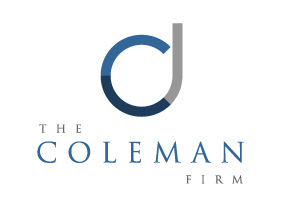When someone close to you dies, nothing will diminish the pain of that loss. However, as time passes, you may turn to the legacy left behind by your loved one as a reminder of how important they were to you and how much they valued you.
Many people carefully plan their estates to provide for their spouses, children, grandchildren and other close friends and family members. Unfortunately, there are often those who would take advantage of someone in their golden years who has substantial resources. They might even try to commit fraud so that they inherit more from that person’s estate than other people.
Although fraud can take many forms when it comes to someone’s estate, either of the issues below would justify challenging someone’s last will in court.
New documents that completely contradict an older estate plan
People do revise and update their last wishes as they age, but most people won’t completely change their last will and estate instructions without notifying their family members.
If someone produces a brand-new estate plan that does not align with the wishes your loved one expressed for years, those documents might be completely falsified or the signature on them could be fraudulent. Especially if the documents did not receive proper notarization or are electronic with no physical signature, the risk for fraud is unignorable.
Changes that seem to benefit one person more than others
An estate plan with changes that allocate a little bit of everyone’s inheritance to a charity or that now includes the next generation of your family instead of just the children of the testator isn’t necessarily fraudulent.
However, drastic changes that benefit one person at the expense of everyone else are a warning sign that the beneficiary of that largesse may have had a hand in creating their own good fortune through illegal and manipulative means. Some people will create a fake estate plan and try to pass it off as the actual wishes of the deceased individual. Others will try to trick an older adult into signing documents by not disclosing the nature of the paperwork.
Regardless of which approach someone takes, estate fraud is illegal and unethical. If you suspect fraud, initiating probate litigation to challenge the documents may be the best way to protect the legacy your loved one wanted to leave behind when they died.
